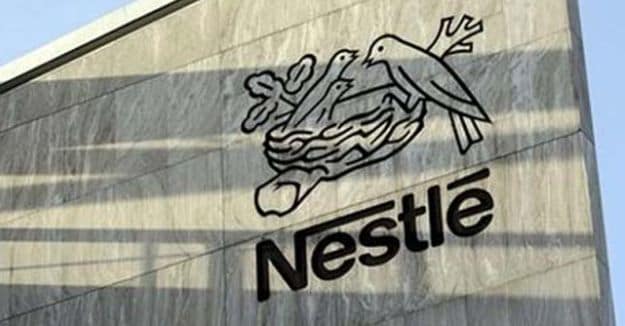In May, Nestle was at the centre of the country's worst packaged food scare in a decade, when local regulators reported some packets of the popular noodles, sold at roadside stalls across India, contained unsafe levels of lead. The company had to order a recall of the product a month later, which cost it about 66 million Swiss francs ($67.42 million). But in August, an Indian court ruled in favour of Nestle in its battle to overturn a nationwide ban on the noodles, although the popular snack will have to undergo more safety tests before it can go on sale again. The court also questioned testing standards at the country's food watchdog, the Food Safety and Standards Authority of India.
"The comeback of Maggi is clearly at the top of our agenda. This is a fourth of our business," Suresh Narayanan, the newly appointed head of Nestle's Indian operations, said.
Nestle is now awaiting the results of fresh tests at court-appointed laboratories, expected by early October, after which it can begin manufacturing. And after yet more tests, sales can restart.
"I don't have a magic wand," Narayanan said, declining to give a date at which Maggi noodles will regain their position in the Indian market. "It is going to be a climb up."(Priority is to Bring Back Maggi, Says Nestle India)
Nestle India slipped to a second-quarter loss after the noodle recall. Narayanan now plans a 24/7 consumer helpline, more active engagement on social media and a revitalisation of what he described as "an organisation in agony."
He will also need to restore links with hundreds of thousands of suppliers and the owners of almost 4 million stores across India, he said. Narayanan, the first Indian-born head of Nestle India in 16 years, also said the company would engage more actively with regulators in the country that represents less than 2 percent of sales now, but has huge potential. He said the company would also work with industry rivals to enhance government testing processes and capabilities, adding talks were already underway.
"It could be common investments, it could be laboratories that will be set up with some kind of funding. It could be training," he said.







